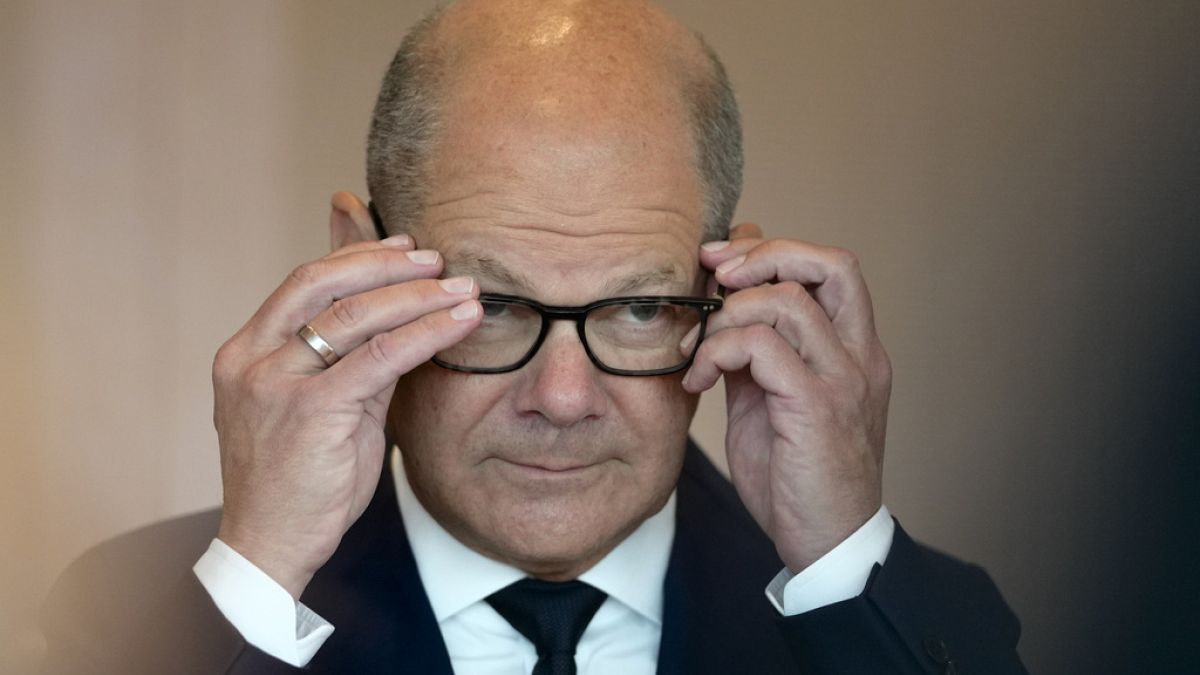The success of the far-right National Rally in the French parliamentary election has raised concerns in Germany, particularly in regards to the future of the Franco-German relationship. Analysts warn that a National Rally majority in France could challenge the close ties between Paris and Berlin, as the party has an explicitly anti-German stance. This could complicate Chancellor Olaf Scholz’s agenda and shrink Germany’s influence over the EU. The relationship between France and Germany, often seen as crucial to the functioning of the European Union, may be at risk if the National Rally secures power in France.
Germany views France as its most important partner in Europe, with Chancellor Scholz expressing concern over the potential rise of the National Rally. German media is focused on the potential risks and losses for French President Emmanuel Macron, as well as the challenges Germany may face in working with a Eurosceptic government in France. Some German analysts believe that Germany might have to prepare for the National Rally to lead France, which could hinder the progress of significant EU projects. The questioning of European initiatives and fiscal policies by National Rally members further adds to the unease in Germany about the potential impact of the party’s success.
Cornelia Woll, president of Berlin’s Hertie School, noted that a National Rally majority in France could lead to a shift in France’s focus towards Italy instead of Germany. She expressed doubts that the traditional Franco-German collaboration will be enough to bridge the political gap between the two countries if the National Rally comes to power. This shift could complicate the relationship between France and Germany at various governmental levels and hinder the progress of joint initiatives or agreements between the two nations.
Chancellor Scholz has publicly voiced his preference for “any party without Le Pen” in the French election, but understands that the decision ultimately lies with the French people. However, the potential impact of a National Rally majority in France on Germany’s position within the EU is a cause for concern. Analysts warn that Germany may struggle to advance key EU projects if the National Rally’s policies clash with Germany’s priorities and values. The future of the Franco-German partnership, crucial to the functioning of the EU, could be at stake if the National Rally secures power in France.
In conclusion, the success of the far-right National Rally in the French parliamentary election poses a significant challenge to the relationship between France and Germany, as well as Germany’s influence within the EU. Analysts warn that a National Rally majority in France could complicate Chancellor Scholz’s agenda and hinder progress on key EU initiatives. The potential shift in France’s focus towards Italy instead of Germany could further strain the longstanding Franco-German relationship, casting doubt on the ability of the two nations to work together effectively in the future. The outcome of the French election will have far-reaching implications for the future of European politics and cooperation.

























